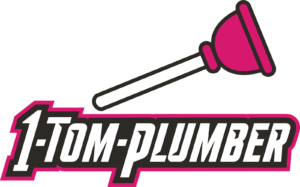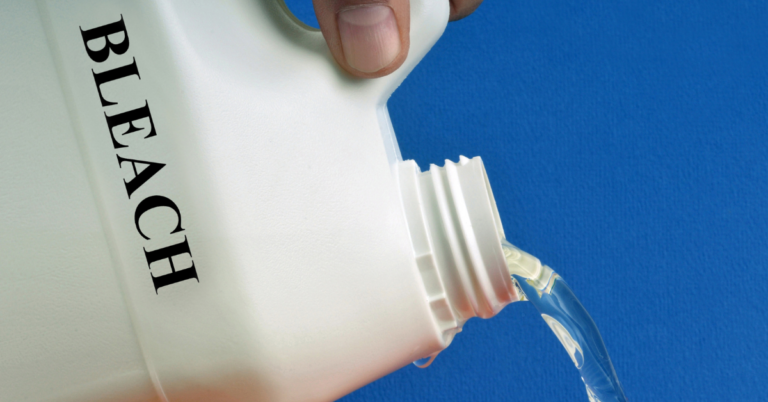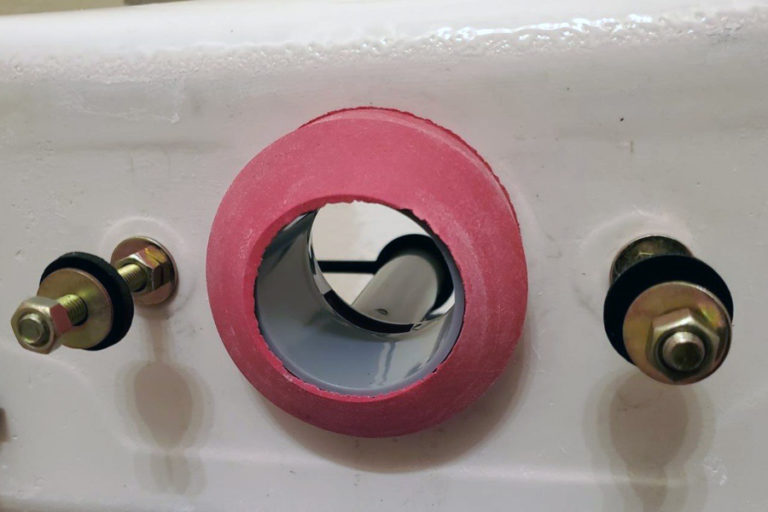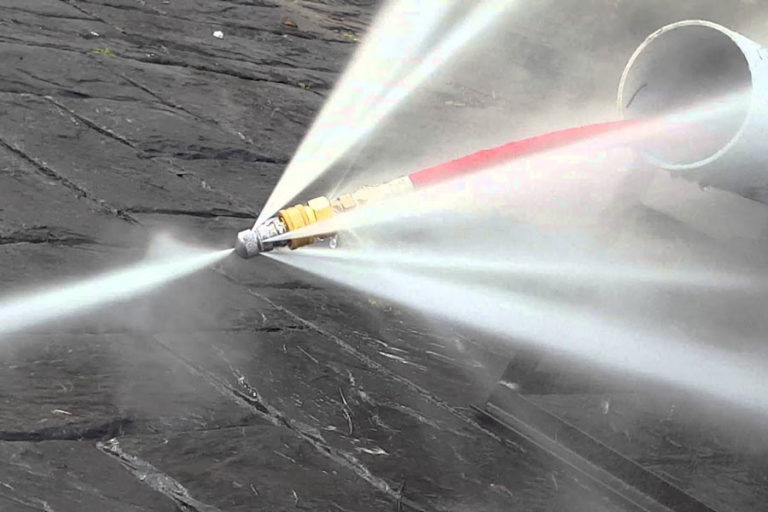When Did Indoor Plumbing Start? You Might be Surprised!
It’s no wonder we sometimes ask, “When did indoor plumbing start?” Plumbing is all around us, every day, and everywhere we look. We can’t get away from it. Nor do we want to.
It’s there when wake up to brush our teeth. It’s there when we take a shower or wash the dishes or our clothes. And it’s there when we need a little private time in the bathroom. Sometimes we take for granted just how lucky we are to have indoor plumbing because without it our lives would be much more difficult.
Most of us only consider plumbing when we actually need a plumber, but beyond keeping pipes running smoothly with fresh, clean water for daily use, indoor plumbing is a modern convenience. But where did it all begin?

Early History of Indoor Plumbing
The earliest use of indoor plumbing in history dates all the way back to 4,000 to 3,000 B.C.
In the Indus River Valley in India, archaeologists have found copper pipes underneath ruins that were most likely used for water.
The Egyptians around 2,500 B.C. also used copper pipes to build some of the earliest bathrooms and sewage systems. From around 500 B.C, until their collapse in 476 A.D, the Roman Empire was ahead of its time with an advanced indoor plumbing system.
The Romans built aqueducts that supplied water to people all around the city and out to the towns and were able to construct public and private bathrooms.
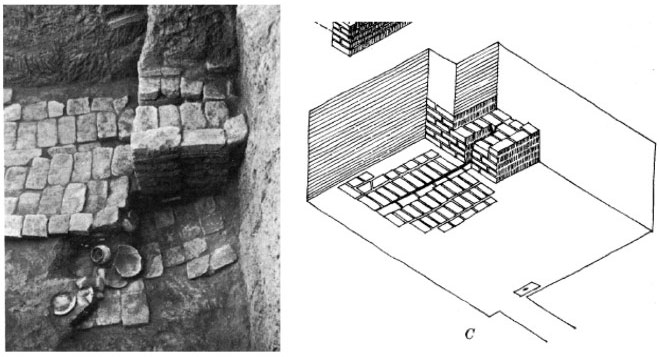
Modern Day History
Although ancient civilizations created indoor plumbing systems similar to the ones we have today, many of our modern plumbing systems weren’t invented until around the 19th century or later.
The first water heater was invented in the 1870s and was installed into houses and some smaller buildings. This was a big leap in indoor plumbing. Before the water heater, people heated water in a pot on the stove or over an open fire. They then poured the hot water into a tub for washing or bathing.
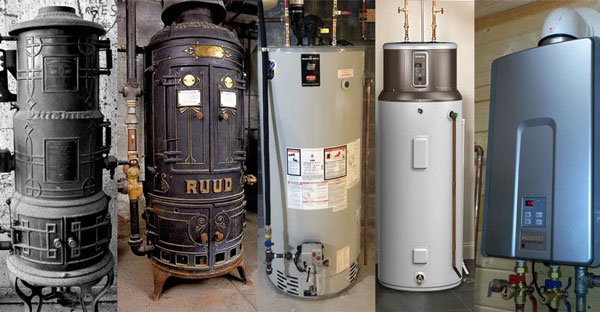
Although the original flush toilet was invented in 1596 by Sir John Harrington, the style of flush toilets we use today was invented in the early 20th century.
In 1966, plastic pipes were used to replace copper pipes in indoor plumbing systems due to a shortage of copper. Although copper is still an ideal plumbing pipe, in many ways it has been supplanted by the use of plastic pipes due to their versatility.
The United States passed a series of acts in the 1980s and 1990s that restricted water flow rates in plumbing fixtures. This was done to conserve water and energy, a growing concern with modern plumbing systems and materials.
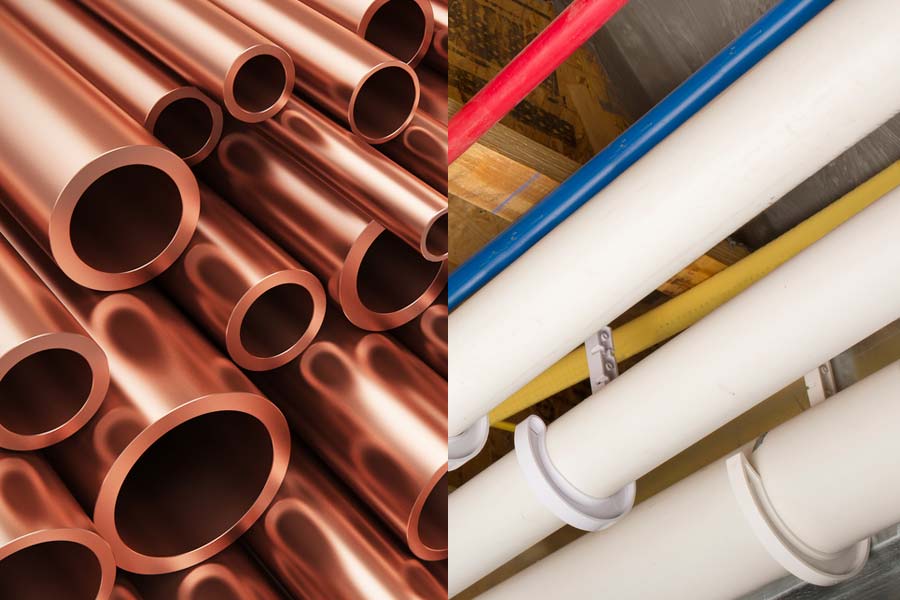
Final Thoughts: The Importance of Modern Indoor Plumbing
Throughout history, indoor plumbing fixtures have gone through many innovations spanning from the ancient Egyptians to the late 20th century.
This long history of innovation has vastly improved our quality of life and made it hard to imagine a world without basic plumbing.
Resources
- 5 main types of plumbing pipes
- Copper vs PEX
- Clay or terra cotta sewer pipes
- Lead pipes: everything you need to know
- Meet the inventor who inspired our name (Thomas Crapper)
Call 1-Tom-Plumber
Don’t hesitate to contact us here or call us at 1-Tom-Plumber (1-866-758-6237) if you want to learn about plumbing. In fact, we even have a fantastic plumbing apprenticeship.
1-Tom-Plumber’s certified team of plumbers and drain technicians respond immediately to any emergency plumbing, drain cleaning, or water damage problem. We also handle the excavation of underground water lines and sewer main lines. Our immediate-response team is available every day and night of the year, even on holidays.
